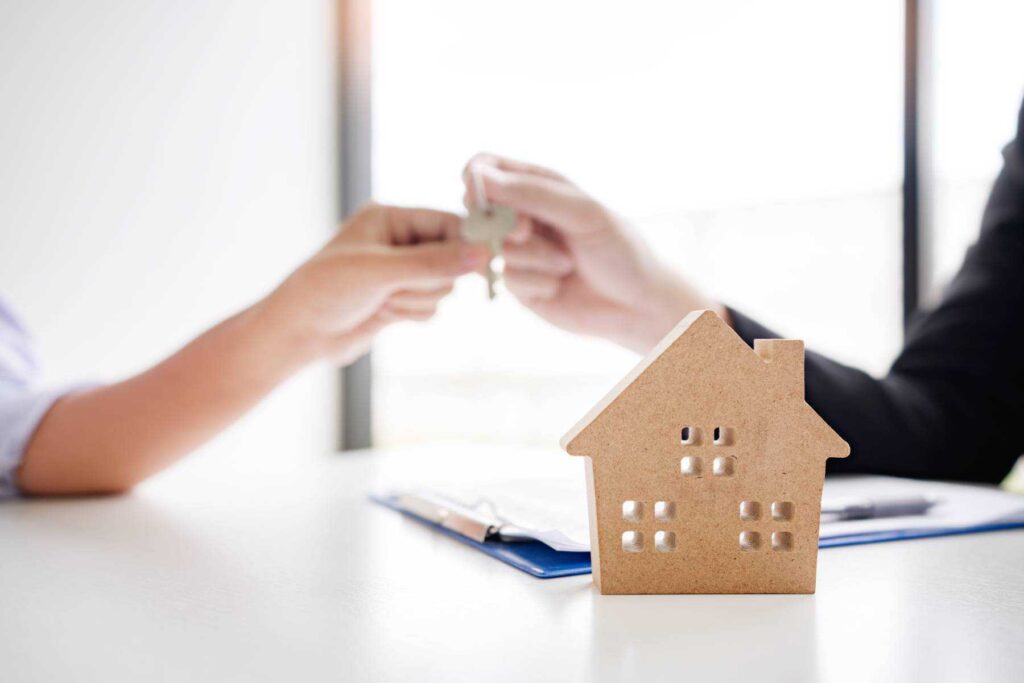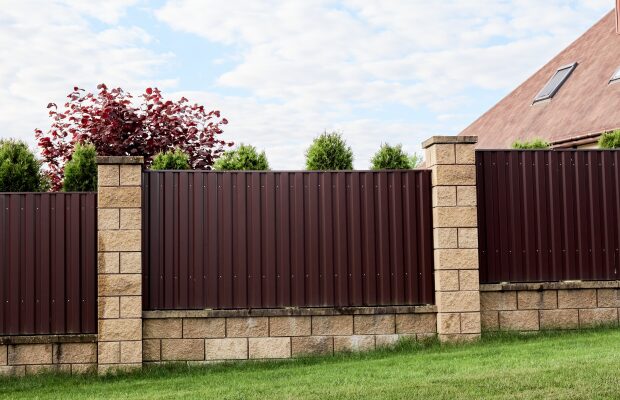One of the major reasons the property market was able to bounce back so strongly from the enforced coronavirus shutdown last spring was because of the Chancellor’s stamp duty ‘holiday’.
Now we’re well into the new year, however, thoughts have turned to the deadline. Here, we’ll explain what will happen when the stamp duty ‘holiday’ ends and provide some great tips for you if you’re selling and want to buy a new home before the deadline…
When does the stamp duty holiday end?
The stamp duty ‘holiday’ was due to end on March 31, but the Chancellor confirmed it would be extended to June 30 during his spring Budget announcement.
The current rules, which have been in place since July, mean buyers pay no stamp duty on the first £500,000 of a property’s purchase price.
That means you could save up to £15,000 if you can complete before June 30.
What happens when the stamp duty holiday ends?
From June 30, the stamp duty exemption threshold will change from £500,000 to £250,000 until September 30, before reverting to £125,000 from October 1.
That means buyers will pay no stamp duty on the first £125,000 of a property’s purchase price, but first-time buyers will still be exempt on the first £300,000.
Landlords and buyers of additional homes will continue to pay a 3% surcharge.
How to sell your house quickly and beat the stamp duty deadline
With the June 30 stamp duty deadline in place, you need to be on your game in order to get your property sold and complete on a new home in time.
While the deadline closer than the average time it takes to sell a home, there are still steps you can take to secure the savings on offer…
Prepare everything
Get all your documentation in order and to hand, so you can supply everything to your solicitor once you have an acceptable offer on your property.
If you have multiple buyers interested, make sure you know each of their situations so you can ensure your chain is a small as possible.
When searching for your next property, get your mortgage agreement in principle in place as soon as you can and again try to ensure you’re as chain-free as possible when you do find your next home.
Finally, be proactive once the conveyancing process is under way – chase estate agents, solicitors and your lender if you feel they could be processing your sale and purchase faster than they are.
Sell at auction
One great way to speed up the process of selling your home, which could help you beat the stamp duty deadline, is to sell at auction.
Auctions, though, are completely different to selling your home on the open market, so knowing what to expect is key if you decide to go down this route.
Selling a house at auction: What to expect
Selling your home at an auction could dramatically speed up the time it takes to complete.
There are two types of auction you could explore – the Modern Method and the Traditional Method.
The Modern Method of Auction explained
Under the Modern Method of Auction, your property will usually go up for sale in an online process.
You’ll set a start and end date along with the auctioneer and also a reserve price. The reserve price will remain between you and the auctioneer, but if bids for your property don’t meet this price, it will remain unsold.
Once you have a successful bid, the buyer must pay a non-refundable reservation fee to secure your property.
They then have a further 56 days to complete the purchase, giving them time to secure funding should they need to do so.
The Traditional Method of Auction explained
If you choose to sell your home using the Traditional Method of Auction, your home will go up for sale with an auction house.
The auction house will market your property in its catalogue with a guide price and a legal pack of information potential buyers can look at.
Again, you’ll set a reserve price with the auctioneer and if bids don’t meet this figure, your property will go unsold.
On the day of the auction, any successful bidder will need to provide a 10% deposit and you’ll exchange contracts there and then.
The buyer then has a further 28 days to complete the purchase, meaning you can sell your home in less than a month using this method.
Buying at auction
If you’re considering buying at auction, our guide explains everything you need to know.
The pros and cons of selling at auction
Pros
• The process is quicker than selling on the open market
• Your buyer won’t be in a long chain
• Your buyer can’t pull out of the deal once agreed
• If your buyer pulls out under the Modern Method, they lose their reservation fee
• You could secure a good price due to competitive bidding
Cons
• There’s no guarantee your home will sell at all
• You could end up selling for less than on the open market
• Auction fees can be higher than estate agent fees
• You’ll have to move out quickly once your home is sold
Selling your home at auction with Parkers
Here at Parkers, we work with online auction house iamsold and have an average completion timeframe of 44 days – giving you a great chance to beat the stamp duty deadline. Request a callback to find out more.
Further reading…
When buying a new home, you should attempt to learn everything you can about a property– here’s what to look for when on a viewing.







